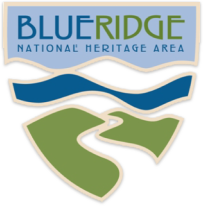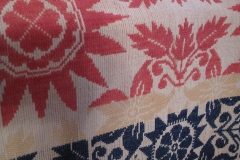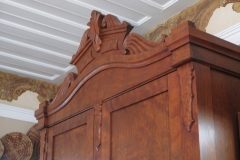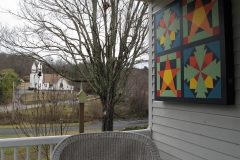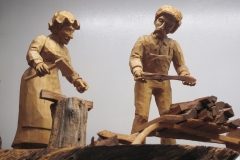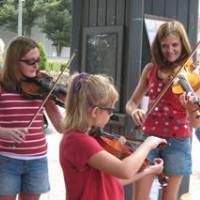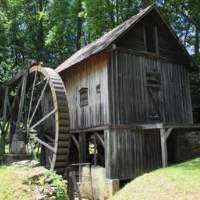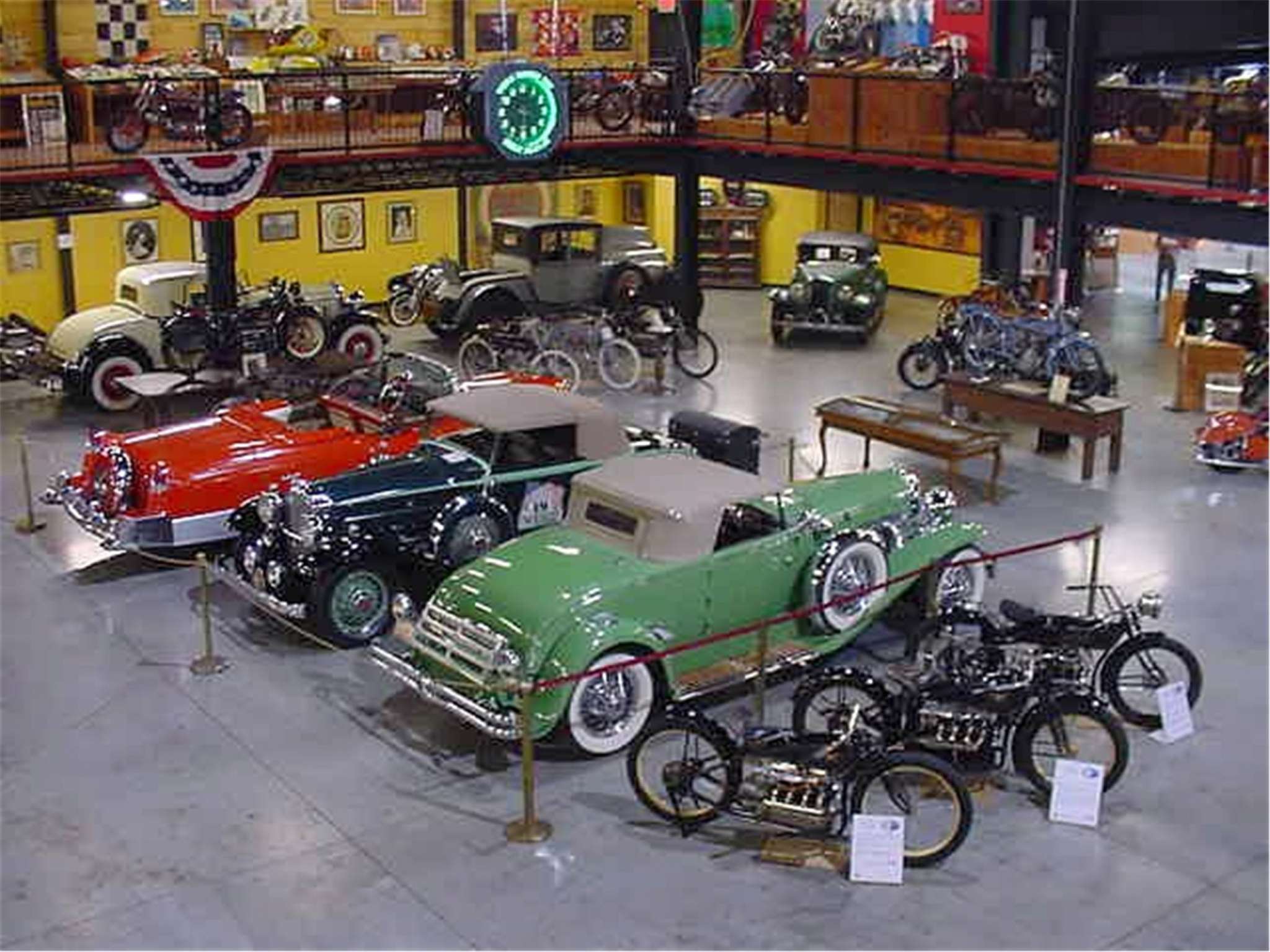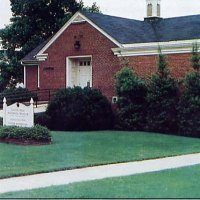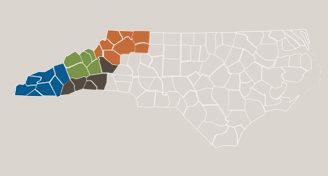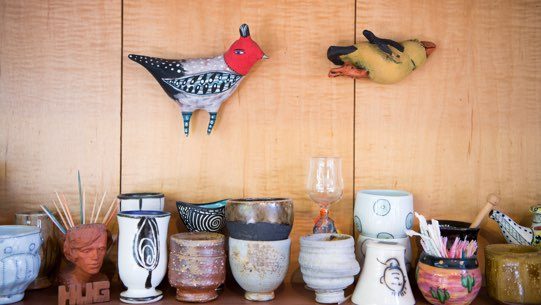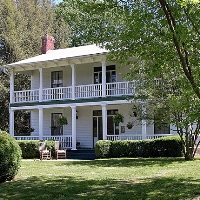
A distinguished collection of heritage pieces and Native American crafts
The Museum of North Carolina Handicrafts was founded in 1977 by Mary Myrtle Cornwell, a home extension agent with the US Department of Agriculture.
In 1951, Cornwell organized the Village of Yesteryear at the North Carolina State Fair. The Village began as a small section of the fair where 14 craftsmen demonstrated traditional skills. A mainstay of today’s State Fair, the Village has expanded to include over 100 craft makers. Throughout her years heading the Village of Yesteryear, Cornwell collected—or was given— work by craft demonstrators. She built a collection that became the nucleus of the Museum of North Carolina Handicrafts that she founded after her retirement in 1976.
Stepping onto the porch of the 100-year-old Shelton House, visitors are greeted with a colorful quilt block, the first block made for the Haywood County Quilt Trails. The pattern is a blending of the Star, Milk Maid, and Arrow patterns. The displays on the ground floor include a variety of work by Eastern Band of Cherokee artists; pottery, baskets, beading, and carving are on view. A broader Native American collection also includes work made by southwestern tribes collected by William Shelton who, for much of his career, was an agent of the Bureau of Indian Affairs.
Furniture in the house was made by several Western North Carolina furniture makers. One of the earliest pieces is a three-plank harvest table built by Levi Caldwell of Cataloochee Valley around 1845. Post-Civil War furniture maker, J. Miles Davis, from Haywood County, made the massive wardrobe. This piece and a bedstead on the upper floor were constructed without nails or screws. Each joint is held together by mortise and tenon. Fifth generation chair maker, Max Woody of Spruce Pine, made the dining room chairs.
The pottery collections reflect not only work produced in the western region of the state, but also the more famous Seagrove area known for generations of pottery making. The displays represent several pottery families with a majority by renowned potter Ben Owen. The museum has a large collection of woodcarvings, including utilitarian objects, like spoons and bowls, to carvings of animals and figural scenes. One item unique to the museum is a six-foot model of the Village of Yesteryear, complete with cabins, tools, people, and animals created by Jarrett Williamson for the 1972 State Fair. Visitors will note the amazing detail.
On the second floor of the house is a large grouping of textiles, including woven coverlets and quilts. Dozens of 19th and 20th-century coverlets on display illustrate a variety of weaving patterns, including the ever popular Double Bow Knot and Whig Rose. There are a number of spinning wheels along with a loom, the tools used in the making of a coverlet.
For hours and other news of exhibits, visit their website.

